
![]() Kathryn Stride
Kathryn Stride
Probably you are thinking the most spoken language in the world is English but just to give you an idea, have a look at the ranking below where you will find some really interesting numbers about languages and all speakers of the languages, not only native speakers:
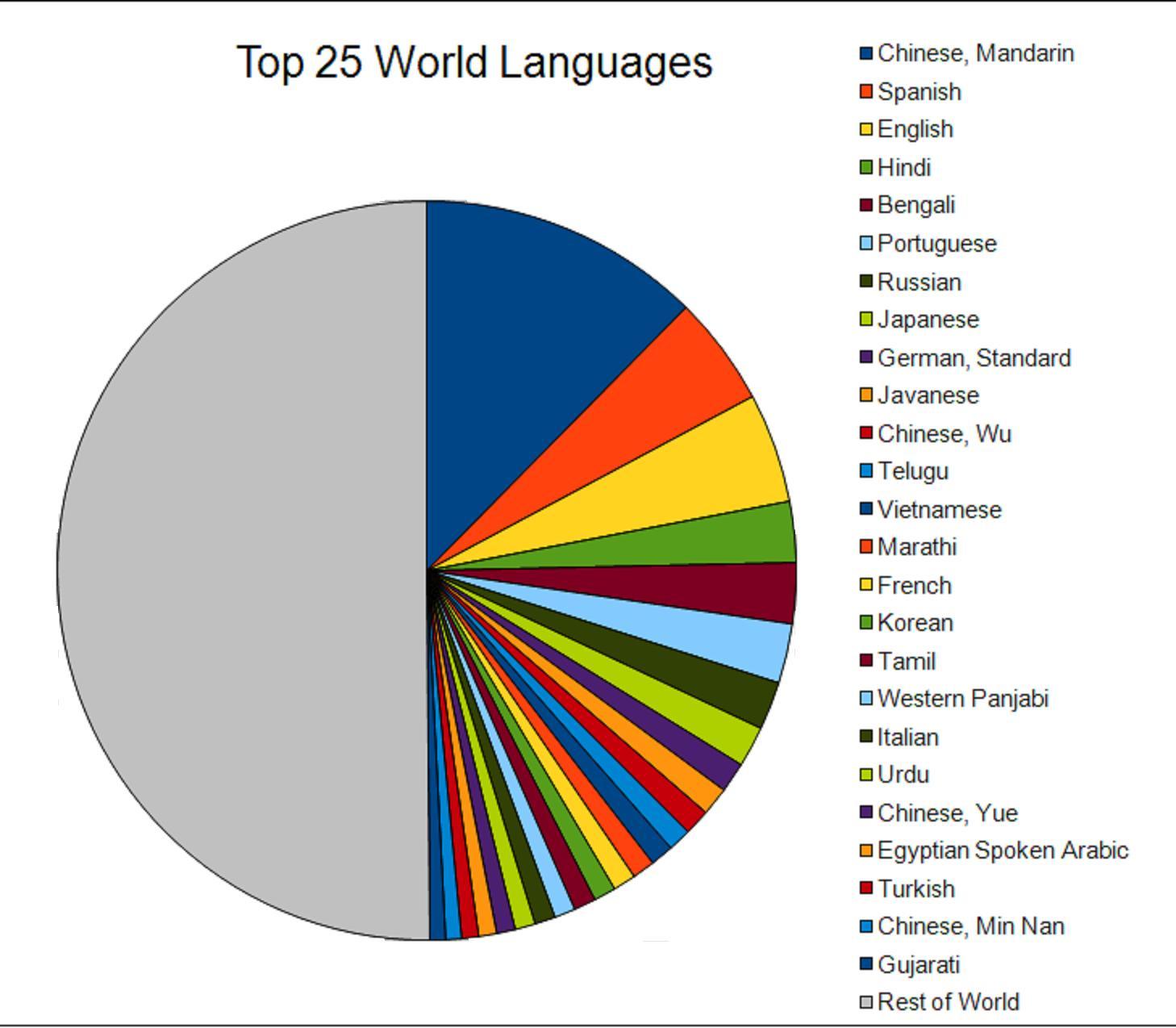

![]() Kathryn Stride
Kathryn Stride
It sounds like a simple question, but it is actually very difficult to give an exact number.
Specialists from the National Virtual Translation Center and The Linguistic Society of America say that there are about 6800 – 6900 spoken languages.
 But before we can start counting, we have to consider some details:
But before we can start counting, we have to consider some details:
What can be defined as a separate language? Can you always understand the difference between a language and a dialect? Should dialects even be added to the general number? How many people must speak the language for it to count? Is it obligatory for a language to be written?... The list can be very long.
In fact, from time to time different languages disappear, because over time people speaking them die out or languages adapt and join with others, and therefore many become extinct.
So again, “How many languages are there in the world today?”
Well at this moment in time, according to The Ethnologue organisation in the 17 edition (2013), there are approximately 7105 distinct spoken languages and dialects in the modern world.
So....which one are you practicing?!

![]() Kathryn Stride
Kathryn Stride
Maybe it's the first time you´re meeting someone for a language exchange session (either face to face or via phone/video call if long distance), and you don’t really know what to expect. You know basically that you will meet with another person (or persons) to practice speaking for them in your native language and for you in their native language - but what makes a language exchange worthwhile?
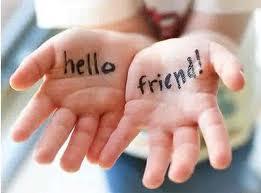
Some tips are:
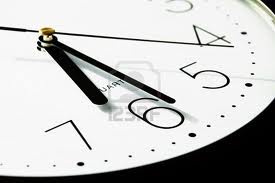 Set a specific duration for the language exchange and divide the time equally agreeing when to change over to practice the other language. The common time is usually one or two hours total (one hour speaking in your native language and, one hour in the other person’s).
Set a specific duration for the language exchange and divide the time equally agreeing when to change over to practice the other language. The common time is usually one or two hours total (one hour speaking in your native language and, one hour in the other person’s).

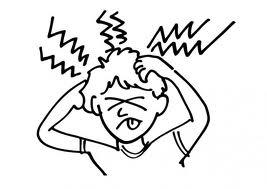 Try to meet in places where you feel comfortable, without distraction or too much noise or people around who disturb you - in a café, at the park ... it doesn’t matter. Most importantly don’t feel embarrassed or shy when speaking, everyone at the language exchange is there for the same reason and are in the same situation as you.
Try to meet in places where you feel comfortable, without distraction or too much noise or people around who disturb you - in a café, at the park ... it doesn’t matter. Most importantly don’t feel embarrassed or shy when speaking, everyone at the language exchange is there for the same reason and are in the same situation as you.
 Arrange a fixed day and time each week to do the language exchange. It will help you to maintain continuity if you establish it from the beginning.
Arrange a fixed day and time each week to do the language exchange. It will help you to maintain continuity if you establish it from the beginning.
 Always carry something to write with, a small notebook or sheet with a pencil is enough, it will often help to resolve questions. It also helps to brush up on any issues that you may have had whether it be pronunciation or a new word. It may even help you to organize your next exchange so you can pick up from where you left off.
Always carry something to write with, a small notebook or sheet with a pencil is enough, it will often help to resolve questions. It also helps to brush up on any issues that you may have had whether it be pronunciation or a new word. It may even help you to organize your next exchange so you can pick up from where you left off.
Depending on your level, a way to organize your exchanges is to start from "low to high" - start by using basic structures and conjugations and then little by little adding to it.
For example start with verbs in the present tense (describe what you do on a normal day), then change it to the past (what did you do yesterday/last weekend?), then onto the future (what are you doing tomorrow/next weekend?), conditional (where you would not want to go on vacation?) etc. Each time you practice you are building on your language skills and in the end this will help you to get fluidity when speaking and it will start to become more natural.
It helps to think of specific topics to discuss. It can be something you are both interested in or perhaps something very general if you do not yet know the person. Travel, a particular profession, hobbies, interviews, personal situations etc. or perhaps you prefer to practice a certain tense, grammar or pronunciation. The main thing is that the conversation be entertaining for you both/all!

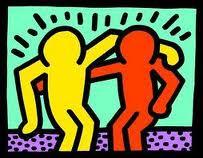 In short, it is your language exchange and you can arrange it however you prefer to ensure you get the most out of it.
In short, it is your language exchange and you can arrange it however you prefer to ensure you get the most out of it.
Feel free to comment on how you feel language exchanges work best for you and any tips you may have for others!
Have a great language exchange!
©2024 LanguageLinker.com · All rights reserved